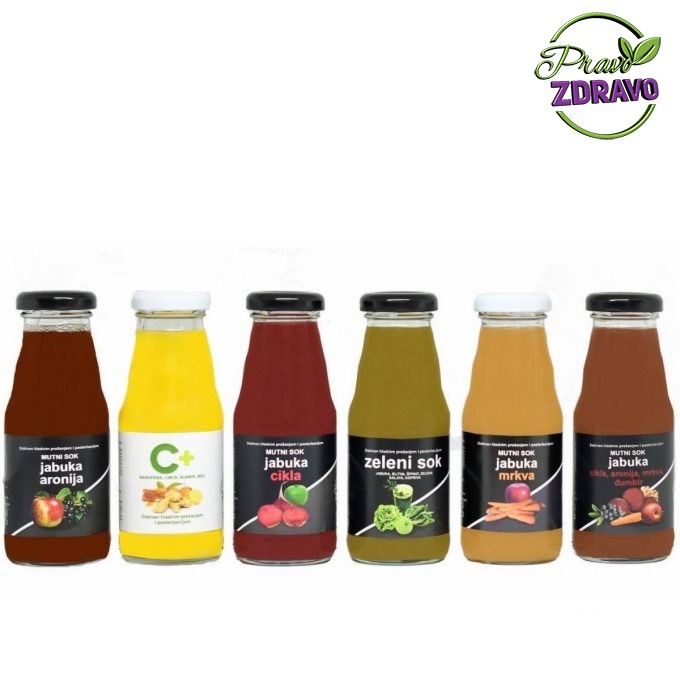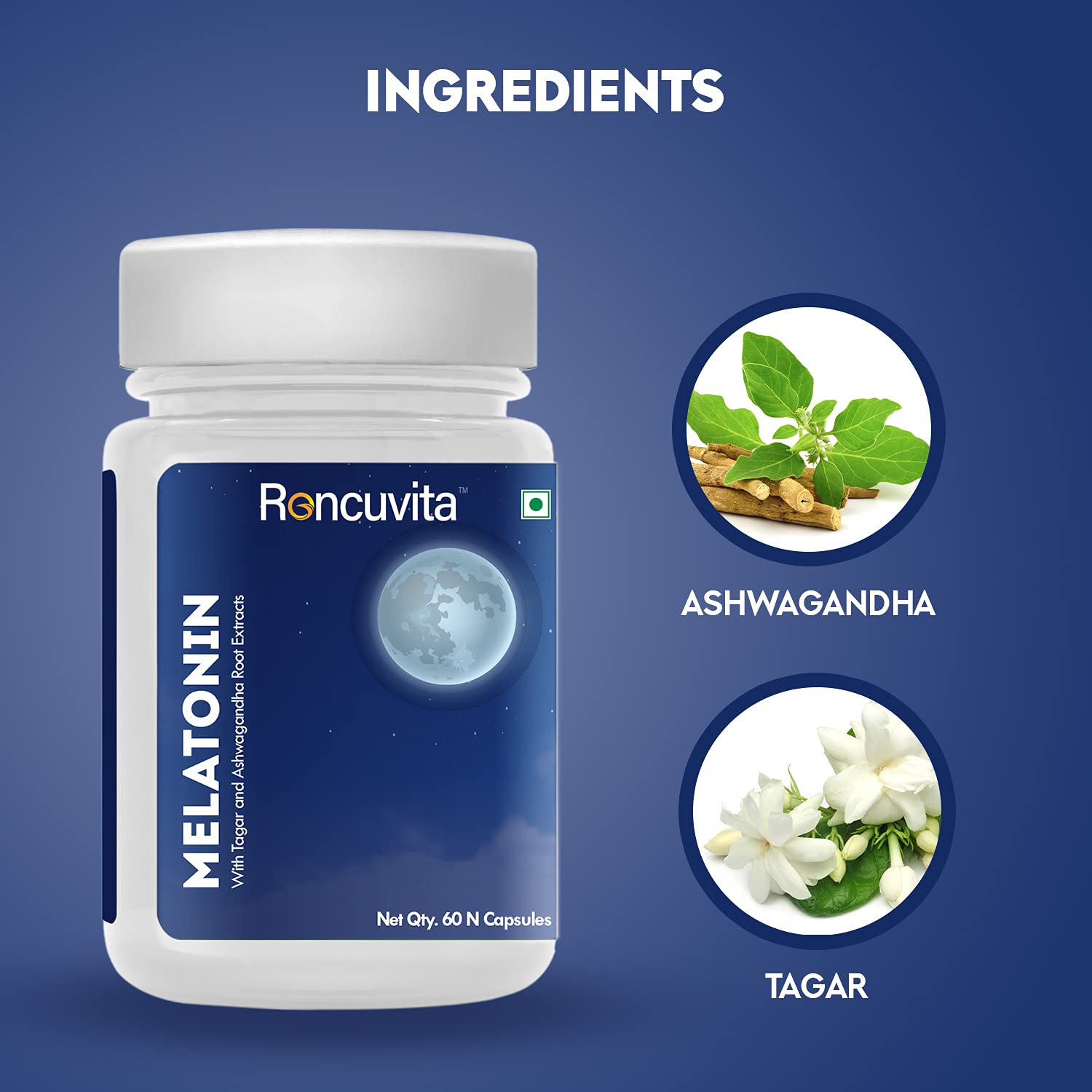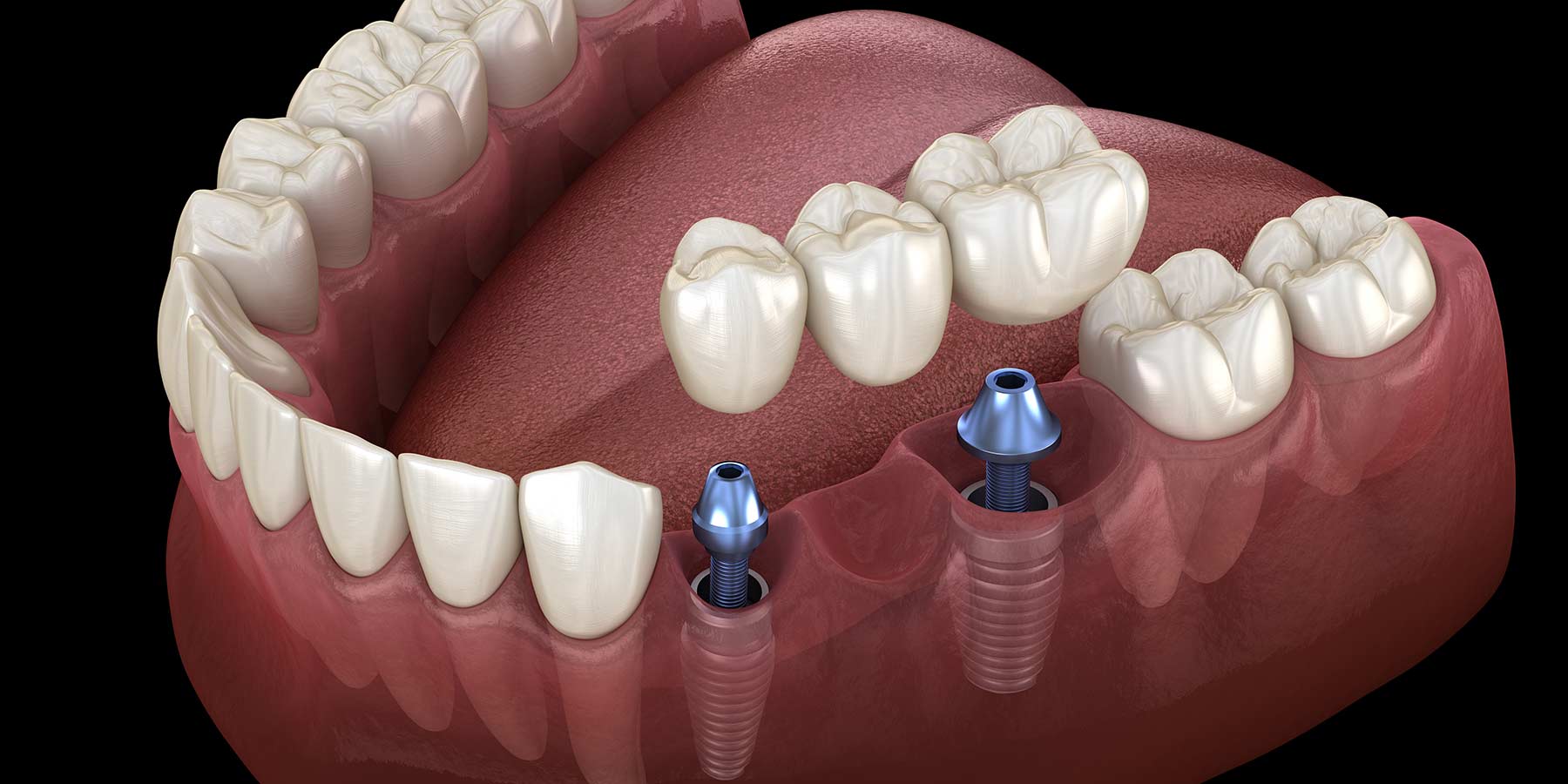Chokeberry for health

What is chokeberry?
Aronia came to Europe in the 18th century. It has been cultivated throughout Europe since that century. Depending on the soil, somewhere more and somewhere less. From eastern North America, this fruit has today spread not only to Europe but throughout the World. Aronia belongs to the genus of deciduous shrubs. The chokeberry bush grows between one to six feet tall. The shrub is particularly lush in growth. To shape it into a smaller tree people prune it. The most suitable soil that chokeberry loves is moist soil and it can be found in dense moist forests and swamps. The growth in demand for chokeberry was strongly influenced by its promotion as a fruit with a high content of phenols, vitamins, organic acids, minerals, and carbohydrates.
Aronia is recognized as a nutritionally very valuable fruit crop for which there is a continuous increase in demand in the domestic and foreign markets. This is the reason why chokeberry is becoming more and more frequent in the offer of numerous family farms in the Republic of Croatia.
Aronia is grown not only because of its cultivation but also as an ornamental plant culture due to its health effect. Aronia is grown as an ornamental plant that is shaped however people want. Aronia has a high degree of frost resistance. It can withstand temperatures up to 47 ° C below zero. Due to this characteristic, it was named "Siberian blueberry". Aronia was first grown in Russia, Finland, and Sweden. In addition to being resistant to cold, it is also resistant to drought, insects, various diseases, and pollution.
Black chokeberry, one of the four recognized species of the genus Aronia [1]. It originates from North America, from where it began to spread to other countries (Russia) due to its healing properties. In Croatia, for example, it is found near Donji Miholjac along the river Karašica, where there are nurseries with that plant.
Black chokeberry is a shrub that grows up to a maximum of 3 meters in height and 2.5 m wide. It has black fruit, so it is also called black-fruited chokeberry. It likes acidic and moist soils. The flowers are white, gathered in clusters, and appear in late April. The fruit ripens in August, is small and the flesh of the fruit has an intense red color and a sweet to sour, bitter aroma. [2] It has a high content of anthocyanins and vitamin P which keeps the blood system healthy
Aronia in Dalmatia
Aronia is a deciduous shrub from North America whose fruits (berries) have extremely high nutritional and antioxidant value. It is especially used when there is a need to treat anemia. It is a plant very resistant to low temperatures and frost. High resistance is reflected in the high degree of adaptation to different soil types. Rocky areas with a small amount of soil are suitable for growing chokeberry.
This group of soils also includes karst limestone soils in Dalmatia. However, the plant is not resistant to a significant
lack of moisture so it is necessary to provide an adequate irrigation system. The plant grows particularly well in areas with high insolation. It could be concluded that from a pedological point of view, the cultivation of chokeberry in Dalmatia is justified. Conditions to ensure the appropriate amount of moisture required to avoid excessive acidity of the fruit are essential. Two types of chokeberry are available on the market by 2020; Nero and Viking, and due to the higher level of anthocyanins it is recommended to grow the Nero variety.
Aronia health
For everyone who has a problem with anemia, this plant is of great help. This berry is rich in vitamins and minerals, iron, vitamin C, and folate - which are very important for the blood picture.
The antioxidants in chokeberry reduce oxidative stress in the brain. This reduces the risk of developing Alzheimer's disease, dementia, and other age-related cognitive disorders.
In addition to a high concentration of antioxidants, chokeberry also contains a significant amount of vitamin C. It stimulates the activity of white blood cells. This is crucial for collagen production. Collagen is necessary for the growth and renewal of new tissues, organs, and blood cells. White blood cells function as the first line of defense of the human body's immune system. Aronia to strengthen the body's immune system is one of the best natural remedies.
The carotenes found in these berries reduce oxidative stress in the eyes.
Oxidative stress affects the skin as we age, leading to wrinkles and age spots. The antioxidants in chokeberry prevent these symptoms of aging.
The potassium content in chokeberry is high enough to have a strong impact on heart health. Relaxation of blood vessels and arteries increases blood flow, blood pressure drops, and you can reduce the chances of having a heart attack. The fiber and various antioxidants in chokeberry play a crucial role in heart health.
Aronia juice has a direct effect on bacterial infections in the intestines and respiratory tract. The juice is a preventive measure during the season of flu and colds. Because it is rich in fiber, chokeberry juice is also associated with insulin regulation. Insulin helps normalize blood sugar levels.
Aronia and liver
Aronia berries stimulate and stimulate the liver to work better, and liver detoxification is more successful, so consuming it is the right answer to the question of how to cleanse the liver. It helps if the inflammation of the gallbladder and gallbladder has occurred and in resolving gallstones. It is also a natural remedy for fat and high cholesterol. Regular consumption of chokeberry lowers cholesterol and triglyceride levels, lowers high blood pressure, regulates blood sugar, and generally affects the protection of the cardiovascular system as well as the health of the individual.
We should not forget its beneficial effects on the stomach and intestines, as it soothes cramps, stops the pain and soothes inflammation, and stops diarrhea.
It is enough to list all the ingredients that contain chokeberry berries to see how powerful it is for our health:
Vitamins: A, C, E, P, B1, B2, B3, B5, B6, B9, and minerals: iron, potassium, calcium, manganese, iodine, phosphorus, zinc.
How is chokeberry made in honey?
In combination with honey, it has an anti-cancer effect. A great way to improve blood circulation and help with headaches and migraines. It normalizes blood pressure and returns bad cholesterol to normal. This combination of honey and chokeberry enables quick recovery after heart attacks and strokes. This type of combination is great for urinary tract infections and prostate inflammation.
It affects the work of the endocrine glands. It regulates inflammation of varicose veins and their blockages. Soothes stomach cramps and pain and inflammation of the mucous membranes cramps and pain in the intestines.
The appearance of ripe chokeberry?
The fruits ripen in the second half of August. The berries are then black, shiny, and sweet-sour in taste. The ripening time can vary within two weeks. The reason for this is the weather conditions and the location of the plantations. They are harvested when they have collected a sufficient amount of sugar and pigment. It is also important to measure when they have lost the bitter taste characteristic of the unripe fruit. The optimal harvest time would be when the dry matter in the fruit reaches a value of 20 - 22%.
If it is not possible to measure dry matter, a visual assessment of maturity can be relied upon. When it is noticed that the color changes the short stalk that holds the fruit. In ripe fruits, it changes color from green to light red. This is a sure indication that the fruits are ripe enough for harvest.
ripe chokeberry fruits on a branch
Planting?
This fruit is best planted in the fall. It would be best to use biennial seedlings. Each of these seedlings should have a well-developed root system and 3 to 5 shots. In commercial cultivation, the cultivation form of the bush predominates. A lot of farmers cut chokeberry by shaping it into a tree shape. The planting distance should be three to four meters and one and a half meters to two meters in a row. Planting is done in pits 20 cm deep and 30 cm in diameter.
In the last decade until 2020, the number of chokeberry growers among family farmers increased in the territory of the Republic of Croatia, and chokeberry is grown on 20 hectares of agricultural land in the Republic.
Given the low requirements when it comes to cultivation technology, this crop is very suitable for organic and organic production. Two varieties of chokeberry are available on the market by 2020; Nero and Viking, and due to the higher level of anthocyanins it is recommended to grow the Nero variety.
This is a very positive fact from the perspective of potential chokeberry growers, given that the current agricultural area where chokeberry is cultivated is insufficient given the level of market demand, especially in market conditions when berries are considered very profitable alternative to growing traditional crops. New nutritional knowledge and the trend of developing awareness of the need for a healthy diet to prevent or treat many diseases have led to a significant increase in the interest of end customers for chokeberry.
Aronia transplant?
The seedling should not be watered two days before the planned transplant. When transplanting, the seedling should not be removed from the pot but should be placed completely in the prepared hole. It is important to shake the root as little as possible on this occasion. Only then remove the container.
The ground around it should be pressed lightly. The seedling needs to be buried a few inches deeper than it was in the pot. At the end of transplanting, the soil around the seedling must be watered with 5 to 10 liters of water, depending on the size of the plant and soil moisture. The seedling must be watered abundantly to expel the air that is retained around the roots during transplanting. Otherwise, the root will suffer and may dry out. Initially, it is necessary to water the transplanted plant every, or at least every other day, regardless of weather conditions and soil moisture. Later it is watered as needed depending on the weather. Be sure to fertilize it by placing the fertilizer on the very bottom of the hole. The fertilizer mustn't be very close to the roots of the plant, as it can damage it.
How is it harvested?
Aronia is a very appreciative plant and resistant as we mentioned before. It does not require excessive care, and as such, is ideal for breeding and maintenance. Aronia is harvested once a year. The harvest of this plant is in August. Before harvesting, it is necessary to provide containers for storing chokeberry berries as well as a refrigerator in which these containers will be kept until processing. August itself is hot and if you haven’t secured the dishes and the refrigerator you may find yourself in trouble. The berries must not stand outside and if you cannot process them immediately in your own plant, there is a possibility of spoiling and drying the berries.
Mechanized harvesting usually ensures a higher level of productivity and economies of scale. This fact is important to consider when choosing the spacing between rows. During mechanized harvesting, it is usually desirable to provide 5-6 meters of passage at 200 m in length. The technological process of chokeberry cultivation consists of pedological analysis and tillage. Feeding is done with compost or ready-made organic fertilizers and manure. Pruning and harvesting took place from early to mid-August. With a mechanized harvesting system, it is not necessary to provide additional staff capacity during the harvest period. The average number of members of the family farm is sufficient in staff to grow chokeberries. The plant reaches fertility in the third year. Prirodni Sokovi.hr

Melatonin Supplement - Does it Work ?
- Melatonin is a hormone secreted by the pineal gland located in the brain, we’ll look at melatonin supplements for sleep and their benefits.

IT certifications are very important and getting a certification can be a4
- IT certifications are very important and getting a certification can be a source of your success. Buy NCSR-Level-1 study material from4

Wellness advantages of ayurvedic badam roghan oil
- Ayurvedic badam roghan oil for immune system also help to boost your immunity system.

Tooth Replacement - The Advantages of Dental Implants
- When you have some serious tooth problems, it is very important you are aware of your options. This does include knowing about the advantages of implants.